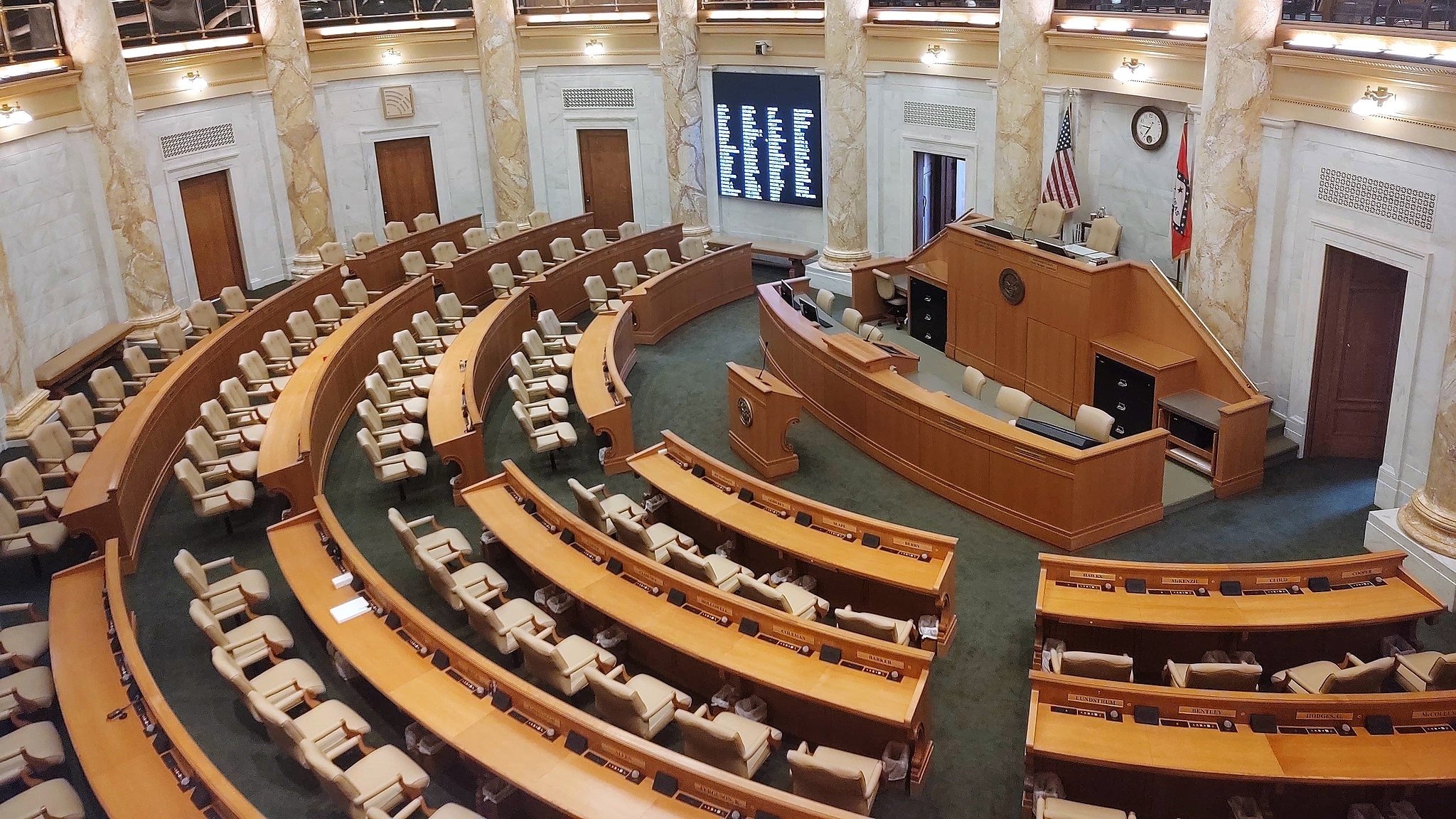Student Voices

On Juneteenth, Chalkbeat announced a project to elevate the voices of young people: the Chalkbeat Student Takeover.
After a police officer killed George Floyd, we gathered as a team to reflect and share. We agreed that our focus on education and equity was more important than ever, but also not enough. One coworker made a powerful suggestion: What could we do to hear more from students about how the national reckoning with racism is affecting them and invite others to listen too?
Three weeks later, we handed the mic to young people in the seven local communities we serve after receiving 300 submissions in response to a callout — 93% from students of color. Their stories expressed anger, conveyed skepticism, offered ideas for change and demonstrated resilience.
We sorted through Google Form responses, followed up with students and launched June 22 with a 24-hour homepage takeover, continuing through the week with 80 pieces of content, including six-word stories, artwork, social media commentary and first-person essays.
To continue elevating student voices and to connect to our local communities even more, we organized a series of virtual events in Detroit, Newark and Denver. Chalkbeat Detroit hosted a roundtable featuring student activists and their perspectives on race in America. Five students tackled issues of racism, teaching Black history, police in schools and activism while focusing on this critical question: What can adults do to better support young people at this time?
In Newark, we featured rising and current college students in an event tied to Chalkbeat’s Ready or Not series, which chronicled the successes and struggles of first-year college students. Five college students gave advice for how colleges can ease their transitions, shared tips for success and discussed how colleges have handled support of Black students as America grapples with racial injustice.
We convened students in Colorado to reflect on how the pandemic has disrupted their own learning and how they feel their districts have responded. Students offered suggestions on how school leaders can better support students academically and emotionally, and how teachers can make space for deeper conversations on racial justice.
This Student Voices project serves as an example for how news organizations can uplift the voices of young people in our communities.




